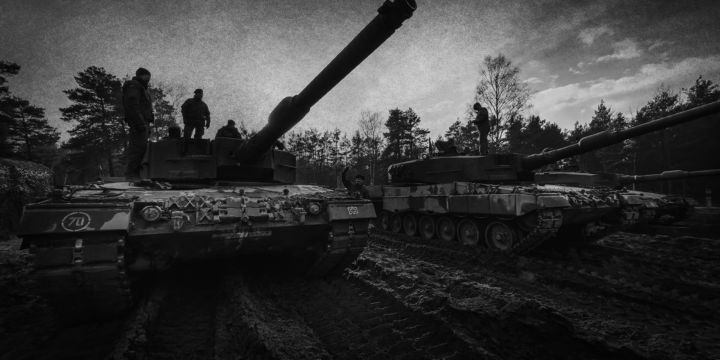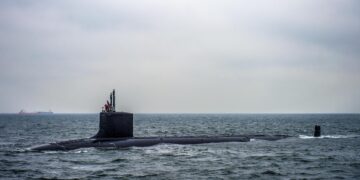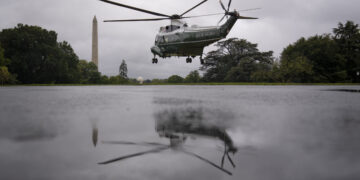
Despite deep acrimony over Russia’s invasion of Ukraine, sound strategy demands Washington seek to normalize ties with the Kremlin. The United States and Russia share many fundamental interests, including strategic stability and the continuous flow of maritime commerce.
Twenty years ago this month, a remarkable and inspiring set of events transpired off the Kamchatka Peninsula in Russia’s Far East that should resonate with mariners, no matter what their nationality, and should remind leaders what is possible when Russia and the United States cooperate in naval affairs. After seven Russian sailors were trapped in the Priz-class submersible AS-28, 190 meters beneath the surface of the sea, sailors and officers in the U.S. Navy and sister services leapt into action to save their lives. The operation was successful and printed a new chapter into the long history of U.S.-Russia naval collaboration.
The naval ties that bind the United States and Russia stretch back to John Paul Jones’ exploits in 1787–88 to help secure Crimea for Czarina Catherine. The Russian Navy sent two cruiser squadrons, one to each U.S. coast, in September 1863 to show support for the Union during the U.S. Civil War and simultaneously warn the British against intervening on the side of the Confederacy. During World War II, a majority of lend-lease aid sent to assist the Soviet war effort against the German Wehrmacht went across the North Pacific in a maritime logistics effort of extraordinary strategic import.
There is a humanitarian imperative to pursue international submarine rescue—a model that proved itself two decades ago in the Priz-class submersible rescue. A return to collaboration of this kind is just one of the benefits that would accrue from normalizing the naval relationship between the United States and Russia.
More on Eurasia
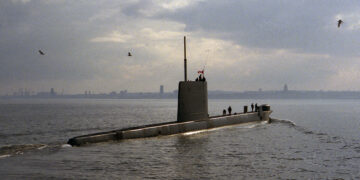
Featuring Jennifer Kavanagh
August 1, 2025
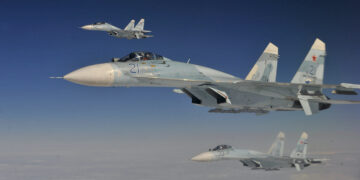
By Daniel Davis
July 30, 2025
Events on Russia
